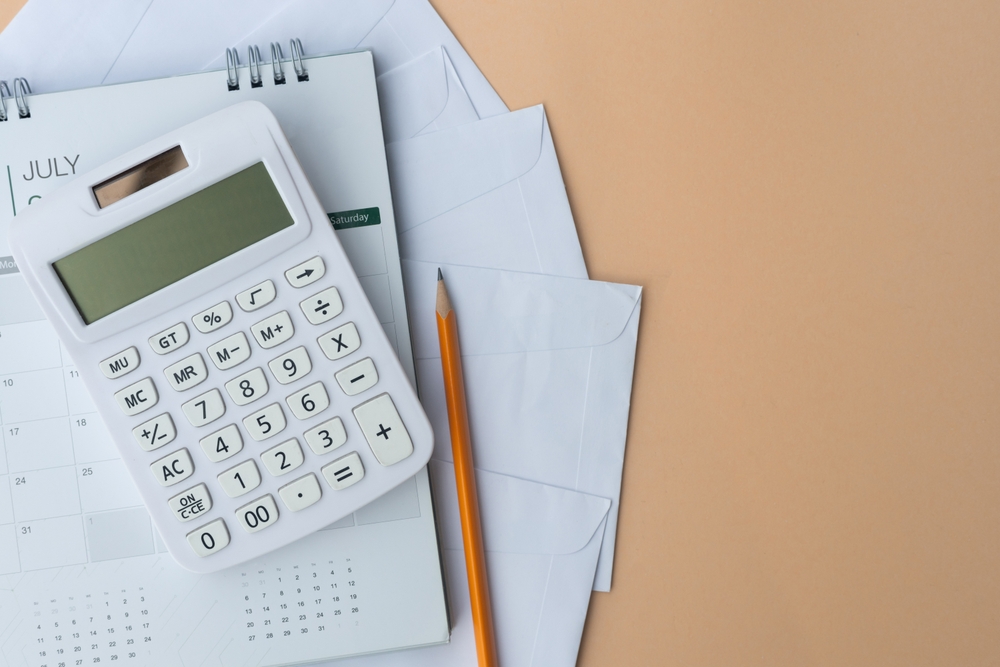If you have been discharged from bankruptcy or otherwise have a poor credit score, you may be wondering how you can rebuild your credit. Lenders are often reluctant to provide people with poor credit in their records with any credit at all because they are concerned about your ability to pay.
Key Points
- How you can rebuild your credit after a financial crisis?
- Ways to rebuild your credit
- Rebuild your credit with Harris & Partners
How you can rebuild your credit after a financial crisis?
1. Get a secured credit card – Offered by most banks
You will need to come up with approximately $500 as a security deposit to have a secured credit card. Choose a card with no annual fees even though the first year’s fees may be waived. A credit card with at least $1,000 – $2,000 limit is ideal. Once you have the card:
- Spend no more than 40% of that credit, while making regular and timely payments.
- Use the card for incrementally increasing amounts and pay in full each time, on time.
- Don’t use your credit card unless you can pay in full.
- You may be able to have the deposit returned after you pay on time for the first 12 to 24 months.
2. Limit how often you apply for a new credit card
Each time you apply for credit there is a “hit” against your credit report. If you are declined, you should consider waiting at least six months before you apply again. The longer you wait between credit applications, the better.
3. Keep existing credit cards
If you already have a credit card, then do not cancel it, as doing so can negatively impact your credit score.

Ways to rebuild your credit
1. Take out a small loan that you repay
Achieving a good credit score doesn’t have to be hard, and rebuilding credit can happen if you follow these steps.
You can also work to rebuild your credit with a small loan, such as a car loan. Such loans are typically easier to obtain because they involve smaller amounts of money and are deemed lower risk than retail and credit cards because they provide for more basic needs. Setting up automatic monthly payments and overdraft protection can protect you from any missed or late payments, and will not drastically affect your credit score.
2. Avoid costly debt
Each time you apply for credit there is a “hit” against your credit report. If you are declined, you should consider waiting at least six months before you apply again. The longer you wait between credit applications, the better.
3. Pay your bills on time
Never underestimate the importance of paying all your bills on time. While paying your bills isn’t an immediate process when rebuilding credit, it helps you to form good habits. If you can avoid paying interest on any personal loans or credit cards, you will create good credit habits and gradually improve your credit score. A useful method would be to create an automatic payment system to ensure there are no missed payments
4. Follow a budget and save
Following a monthly budget allows you to live within your means. In addition to managing your monthly expenses carefully, you should also put some savings aside for unexpected expenses.
5. Maintain steady employment
Income stability is important for managing your bill payments. In addition to your primary occupation, try to find more than one source of income (e.g., teaching kids, part-time business, renting out a room or taking on a boarder) as this can reduce your financial stress if you are out of work for some time.
Rebuild your credit with Harris & Partners
If you need help from those who specialize in helping rebuild credit, contact us at Harris & Partners Inc. Licensed Insolvency Trustee. In Canada, our federally Licensed Insolvency Trustees can help you achieve long-lasting financial solutions.










